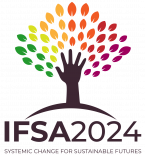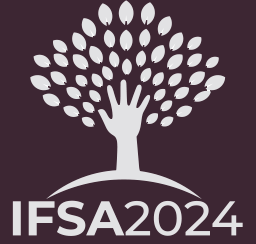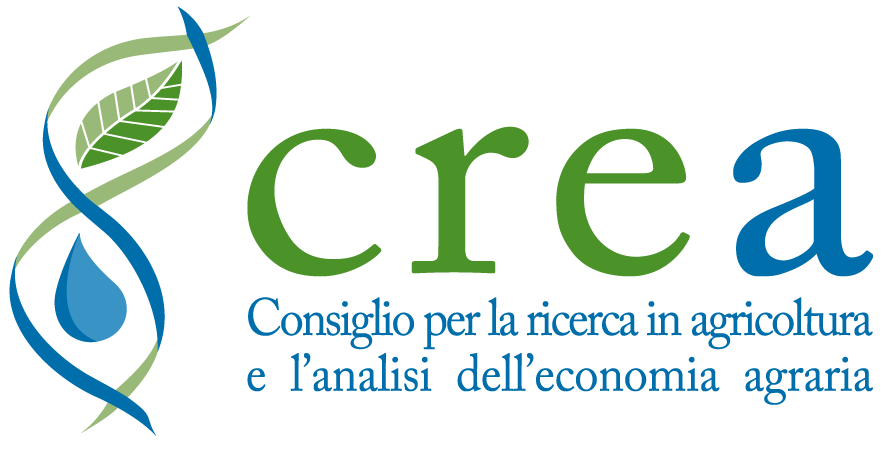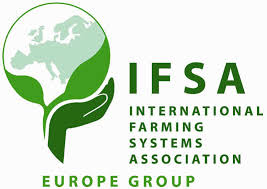THEME 1
TRANSITION PATHWAYS: CHANGING SYSTEMS OF FARMING, SUPPORT AND GOVERNANCE
Convenors: Julie Ingram, Teresa Pinto Correia, Egon Noe, Esther Sanz-Sanz, Elisa Marraccini, Talis Tisenkopfs
Rationale
Climate, environmental, social, political and economic challenges call for a transition towards more sustainable and equitable farming which produces food, energy and fibre, while protecting ecosystem services and achieving net zero. There are multiple transition pathways open to farmers, who are redeploying natural, economic, social and physical resources at the farm and landscape level, producing a range of private and public goods which create value in different ways for the farm business.
These pathways relate to environmental, social, digital and economic transition. These can include more responsible farming systems such as regenerative agriculture, agroecology, carbon farming, climate smart agriculture, conservation agriculture, agroforestry, circular agriculture, nature-based solutions, social farming and rewilding, as well as technical approaches: precision farming, smart and digital agriculture, vertical farming and biotechnologies. New revenue streams are also emerging through supply chain schemes and support new crops (protein and energy) and natural capital markets. These transitions are societal processes of change that combine government actions across multiple policy and economic areas, and levels with bottom-up innovation by a variety of actors including the agri-food sector and market entrepreneurs.
Objectives
This theme aims to explore the multiple transition pathways available to, and being followed by, farmers, and the associated public and private support mechanisms, advisory services, social and economic organisations, governance arrangements as well as the underlying values and assumptions.
Orientation for papers
Abstracts are invited to address (but are not limited to) the following topics:
Transition pathways towards sustainability with respect to systemic change in farming and land management (regenerative, agroecology, rewilding) and practices to manage soil health, water retention, biodiversity, crops rotation and diversification. Implications for knowledge and support for new practices.
New farm business models/revenue streams for creating value, related to climate change, bioeconomy – natural capital markets (green finance) and integrating these with policy instruments (e.g., carbon farming). Implications in terms of new actors, configurations and relations, knowledge, innovation support, tenure, land ownership, use and access, as well as legitimacy and power.
Navigating synergies and trade-offs at the farm level between different land use options (food, trees, biodiversity, water quality). Managing risk and trade-offs associated with systemic change and with the different pathways (agroecology, ecological or sustainable intensification, closing circles at different levels, mixed farming systems, closed high-tech systems/vertical farming, …).
Social processes of transition, the actors and arrangements involved (government social movements, markets, private sector and entrepreneurs), and the underlying values.
Understanding how governments and private actors can enable systemic change towards long-term sustainability goals, led by shared socio-cultural, political and/or economic visions and objectives.







